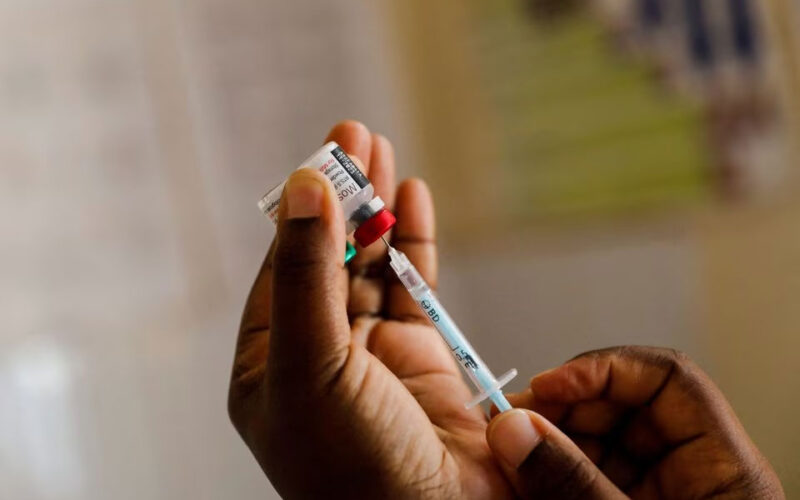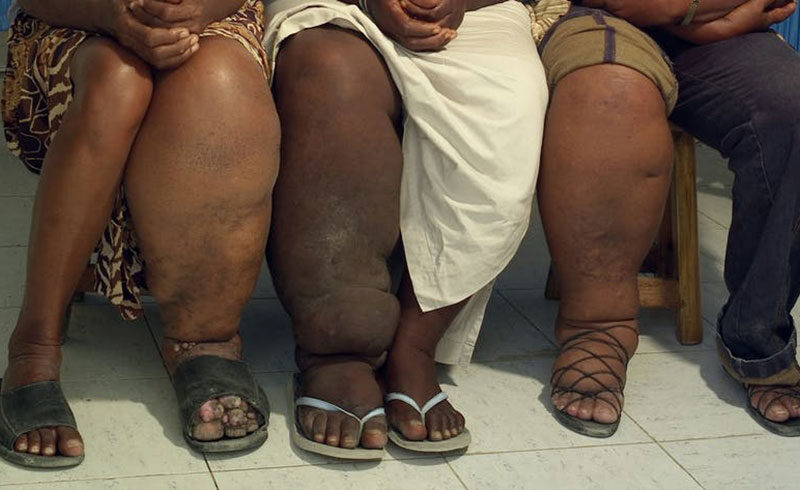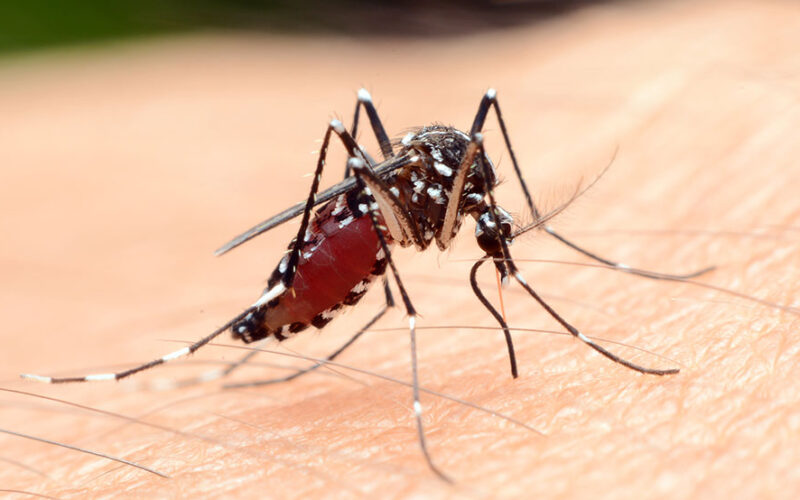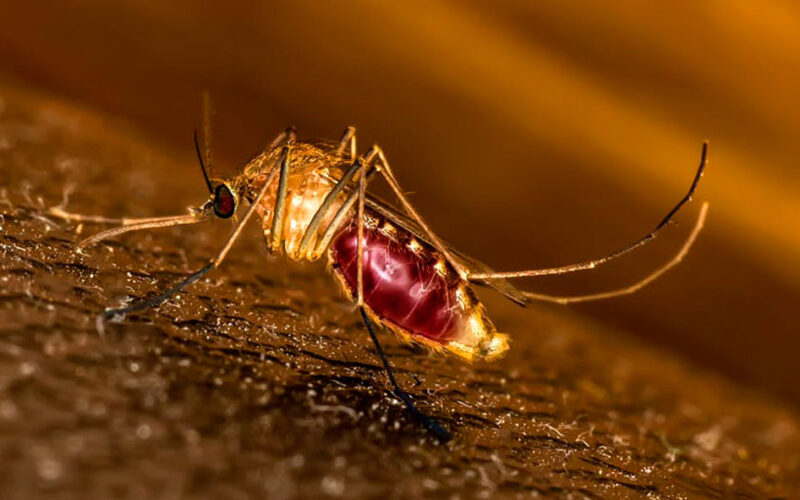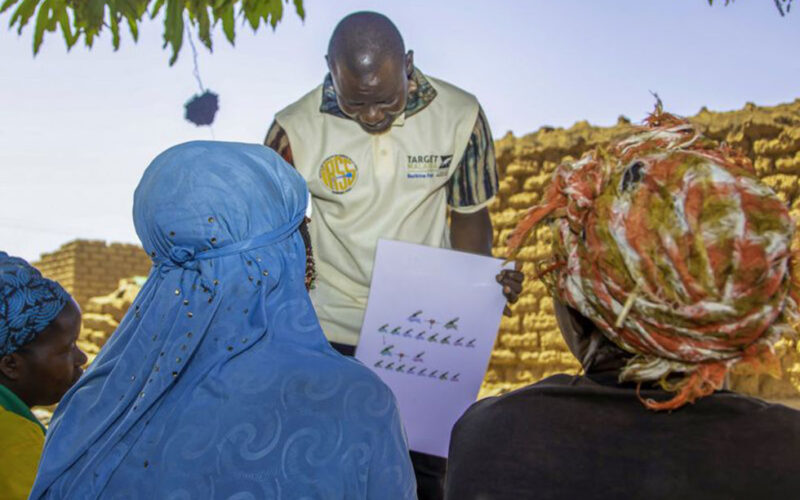
This Burkinabe researcher wants his groundbreaking work to wipe out malaria, altogether
ON a busy morning in the Nagrin district of Ouagadougou. Balkissa Wangrawa, a Burkinabe community-based health volunteer, keenly scouts through residential blocks for possible mosquito breeding areas. He identifies a pool of stagnant shower water from an adjacent bathing area that allows water to flow into an open field. As he walks by, he gets a definite whiff of the unpleasant stench from stagnant wastewater and then he hears the buzzing of a swarm of mosquitoes. Wangrawa is one of some 15,000 healthcare workers and volunteers implementing Burkina Faso's latest government-led seasonal malaria prevention campaign (CPS+). The campaign involves the…

